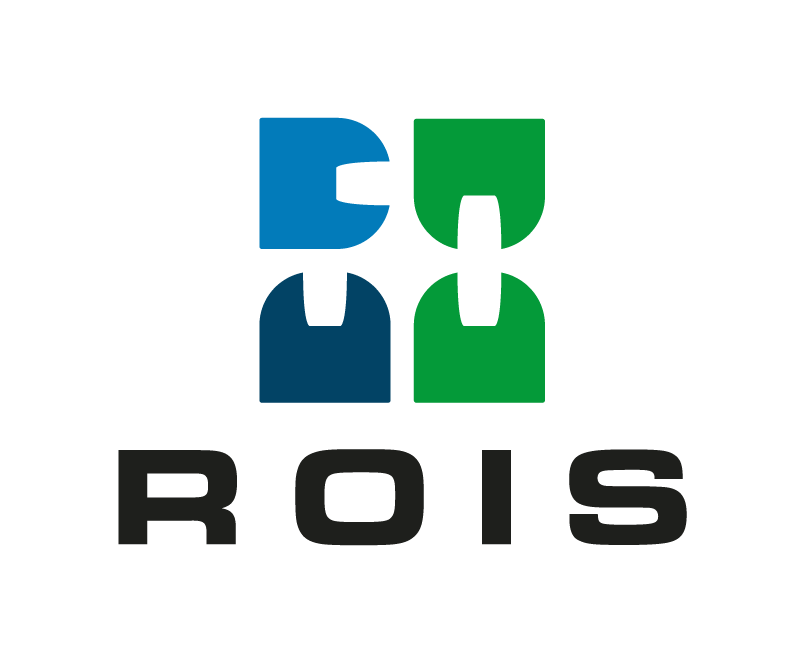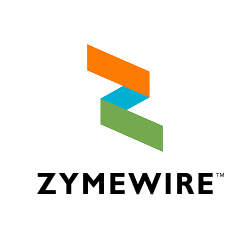Editor’s note: On Nov. 17, Avadel announced its board had determined Lundbeck's proposal was superior to Alkermes'. Avadel and Alkermes have five business days to negotiate adjustments to their existing deal, which, at least for now, remains intact.
On the heels of a headline-grabbing battle between Pfizer and Novo Nordisk, a new bidding war in the pharmaceutical industry has ignited. This time, over a sleepiness medication.
Last month, Avadel Pharmaceuticals agreed to sell to fellow Dublin-based drugmaker Alkermes in a deal potentially worth around $2.1 billion. Terms held that Avadel investors would receive $18.50 per share up front, but could eventually take home another $1.50 per share if the company’s main asset — a marketed narcolepsy drug called Lumryz — also gets approved within the next few years to treat a different sleep disorder known as idiopathic hypersomnia. Wall Street analysts described Lumryz as a “clear” strategic fit for Alkermes, which has been developing its own narcolepsy medicine that’s part of an emerging drug class expected to generate billions of dollars.
But that deal may not materialize, now that another company has submitted a bigger, unsolicited proposal to buy Avadel.
Lundbeck, a Danish drug developer, is offering to pay $21 up front, in cash for each Avadel share, while also providing a “contingent value right” that could be worth as much as $2 per share if certain milestones are met. With that right, half of the value would come from the combined annual net sales of Lumryz and another Avadel asset, valiloxybate, reaching at least $450 million in the U.S. by the end of 2027. The other half would come if annual net sales from those drugs hit $700 million in the U.S. by the end of 2030.
Altogether, Lundbeck’s proposal puts around $3 billion more on the table compared to Alkermes’.
The agreement with Alkermes allows Avadel to talk and negotiate with Lundbeck. So far, though, Avadel said its board has not determined whether this new offer is superior, nor has it changed its recommendation in support of the existing acquisition.
Even so, analysts argue that Lundbeck’s pitch puts Alkermes in a tough spot. The company could lose out on Lumryz, or end up paying significantly more than it had hoped to lock down a deal.
This new proposal “raises meaningful risks” to Alkermes’ bid, according to Leonid Timashev of RBC Capital Markets.
Umer Raffat, an analyst at the investment banking firm Evercore ISI, wrote in a note to clients that Alkermes could raise its offer, but may ultimately be unable to outbid Lundbeck. Raffat estimates that, after factoring in respective cash reserves, debt and baseline earnings, Alkermes has a lower “internal deal capacity” at $2.7 billion versus Lundbeck’s $3.8 billion.
But to Raffat, another, perhaps more important, question is if Alkermes should even try to outbid. That’s because Lumryz is similar to Xyrem, a sleep medication that used to generate well over $1 billion in annual sales before generic competitors entered the market. Whether a deal makes sense for Alkermes “boils down to whether Xyrem generics will exert pressure on Avadel,” the analyst wrote.
Alkermes “needs to be 100% confident” that Lumryz’s revenue after discounts, rebates and reimbursement agreements will continue to hold up over time before proceeding with any offer raise, Raffat added.
For Lundbeck, assets like Lumryz and valiloxybate could help offset what’s expected to be a major decline in sales. Jefferies analysts this week downgraded their recommendation on Lundbeck’s stock to “underperform,” citing how generic competition will put roughly 60% of the company’s revenue at risk between now and 2030.
The Jefferies’ team has estimated that annual sales of Lumryz will peak at north of $550 million, though they could go higher if the drug secures approval for a “blockbuster opportunity” like idiopathic hypersomnia.
Yet an Avadel acquisition could be risky for Lundbeck, too.
“[A] bidding war does not help our worry over risk of overpaying,” wrote Lucy Codrington, a Jefferies analyst who covers Lundbeck.
Codrington also noted how Lundbeck executives previously indicated that they didn’t have plans — at least in the near-term — to pursue an acquisition similar in scope to the $2.6 billion buyout of Longboard Pharmaceuticals from late 2024. The size of the Avadel offer was therefore “a surprise.”
















